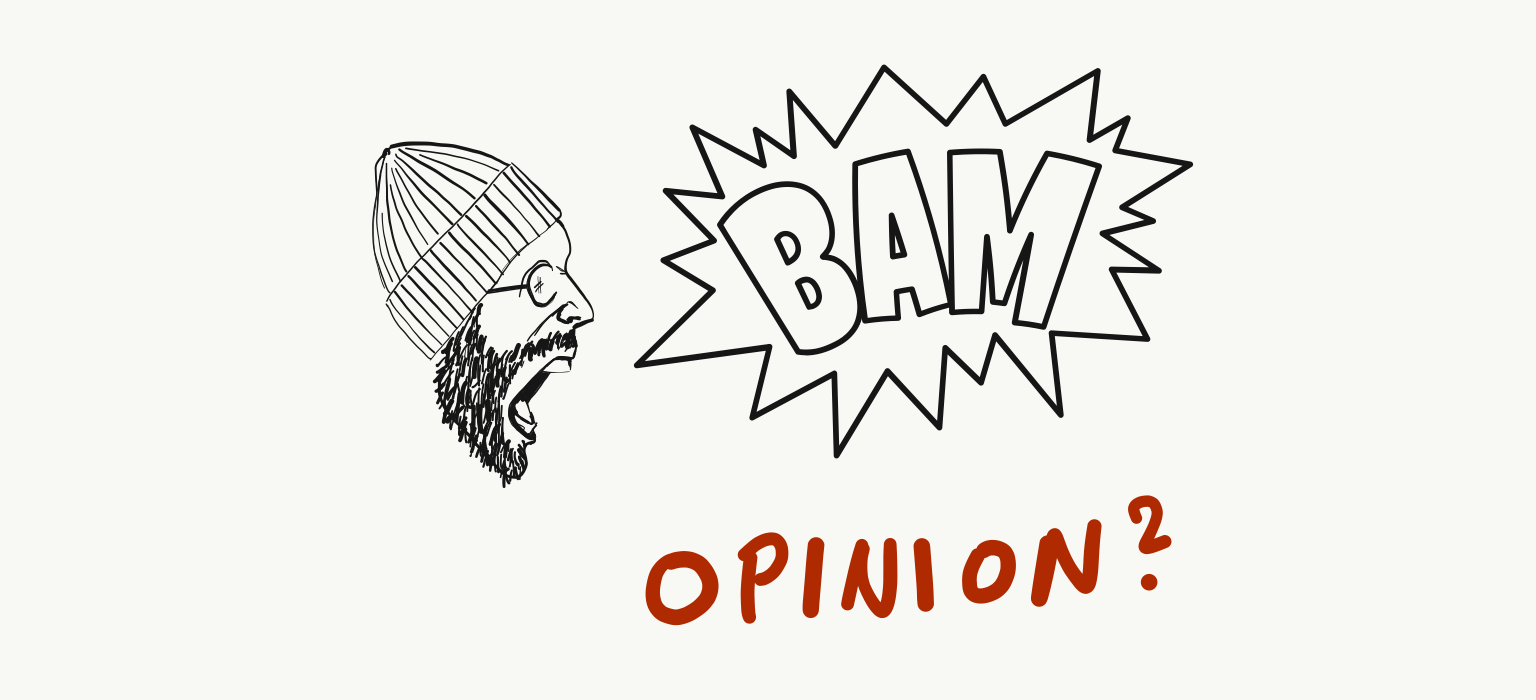
on learning from Pedagogy
”Dear education experts in universities, please remember: you may view yourselves as akin to Messiahs, blessing us benighted heathens with the revelatory truths of your new religions. You may think that if we would just drop everything and undertake complete bottom-to-top redesign of our courses, our students would learn more and have greater satisfaction. But remember that we can’t just drop our responsibilities for research and administration; we have contracts to fulfill. (Times Higher Education, 2020)”
This is an excerpt of last week’s opinion piece on the Times Higher Education paper. The writer, who apparently works in a British HE institution and although mentioning to be a good tutor twice, seems “to have a problem, when those who study education as an academic field – be it as their primary field of research or as a complement to their primary research field – begin to impose their views on all academic faculty.” The anonymous writer continues, “when the word pedagogy comes in; when that highbrow term is used, I know that the person talking to me is going to speak of teaching not merely from the point of view of a colleague offering advice based on their own experience.”
The reading got me seriously thinking. I studied the article on early Friday morning, reflected on it during the weekend and finally decided to assemble a few lines today.
Teaching and researching in todays world
I am pretty sure that the reasons for that profoundly felt frustration are not directly linked to research in Academic Practice or to the researchers having an MA degree in Higher Education. It must surely be running deeper than that. The author states that teaching wasn’t the main reason he or she entered academia, but because of the research freedom he or she thought it would give.
”We power through the teaching terms, looking forward to the months after we complete our marking, when we can hopefully find a little time to follow our passions.” Unfortunately during this year, with endless lockdowns, with shut universities and a blended academic delivery at best, everybody knew that even during the months after the grading or summer, no spare time would be found; nor for holidays, nor for research, nor for a serious preparation of the upcoming academic year.
For these past months tutors were asked to perform the final and deadly act of balance that would be worthy of the cirque du soleil. Furthermore, what institutions perceive as a tutor’s favor is most often perceived as forcing by the latter. Tutors are professionally teaching, it is their job, I agree, but in order to be good, one needs the time to prepare, research and take things in.
Discipline-blind invocations of the latest teaching fads or learning how to learn
The world is transforming dramatically and quickly. We work and communicate differently. Thus it seems only logical that teaching, learning, studying and researching may be done in alternative ways as well. Academic institutions on all levels are asking teachers for more work (personal caring, one-to-one, multiple deliveries of same lesson in blended environments and all of that for bigger cohorts) with growing responsibilities (student satisfaction and retention need to be reached at all costs) and all of that around the clock if possible. Higher education is finding itself in this uncomfortable spot, where an old and static academic system, often obsolete organizational structures and a faculty not lacking audacity but opportunity, are unable to be responsable and to hold each other accountable.
It is for some time already that I try to innovate, that I try find a process for a fundamental transition towards a “smarter” type of education. The pertinence of an institution and it’s faculty needs to be regularly and sincerely analyzed, evaluated and adjusted in order to find or build the common ground that the article’s author thinks to be lost.
References:
Anonymous, Pedagogy has nothing to teach us, Times Higher Education, 26.11.2020: link

